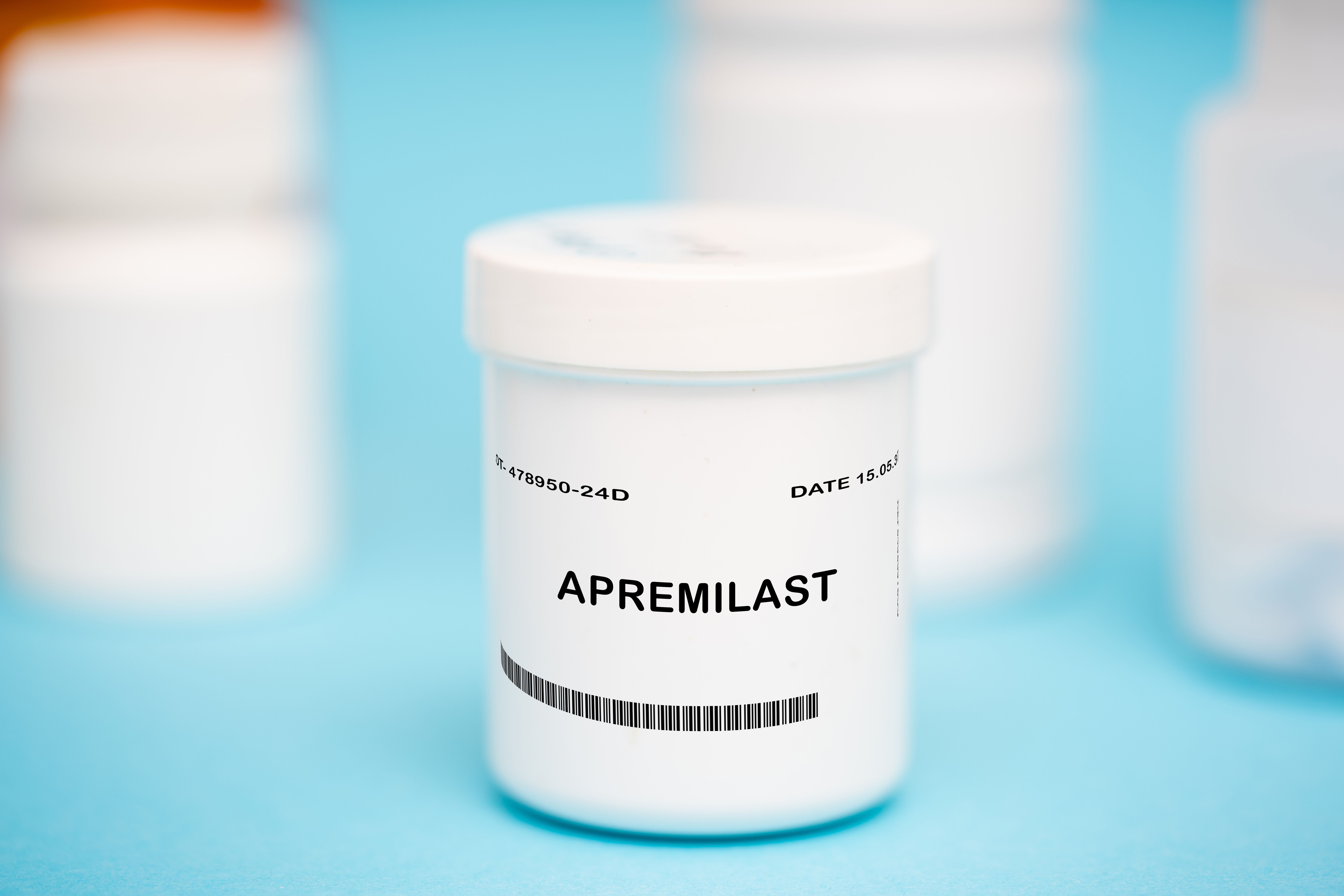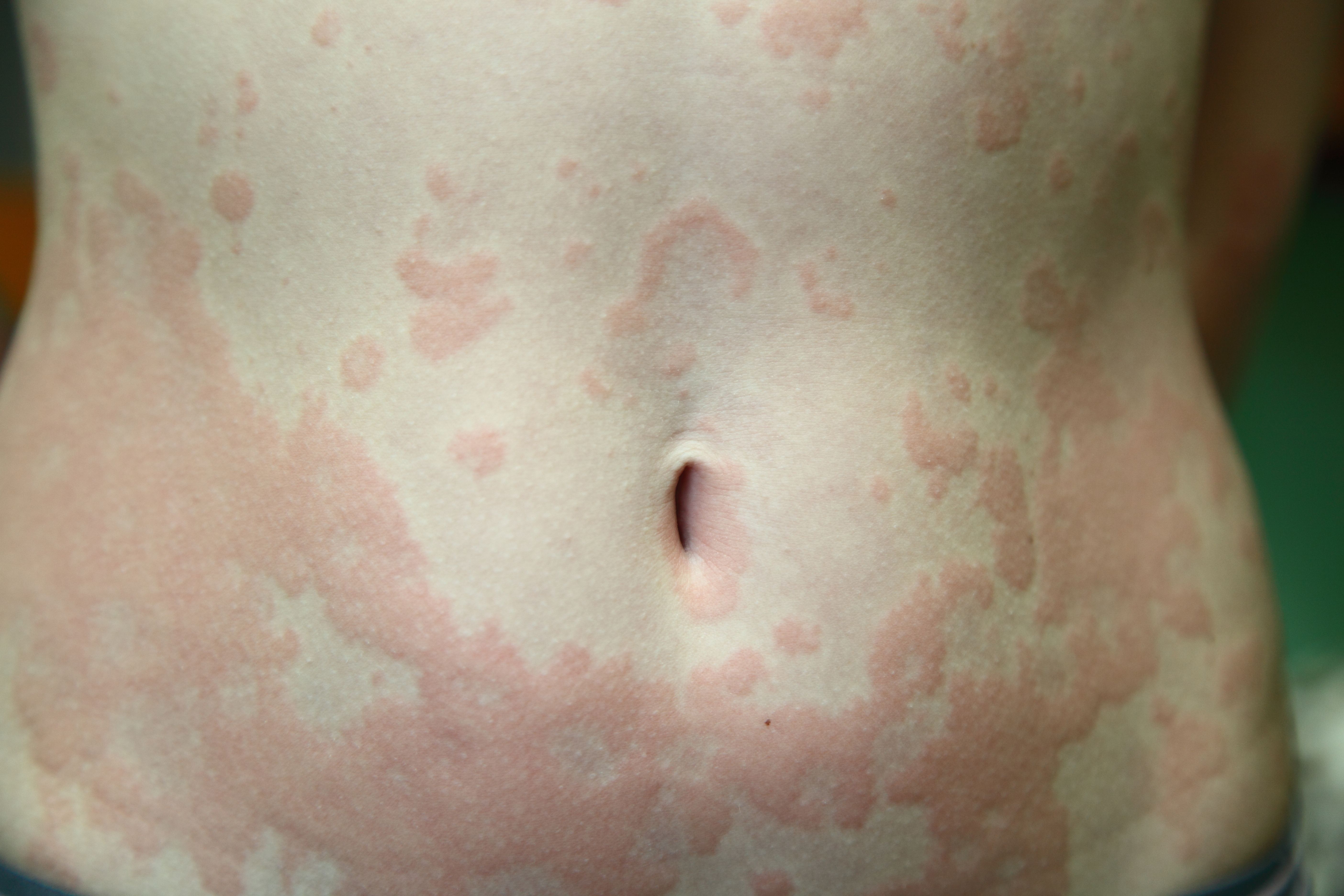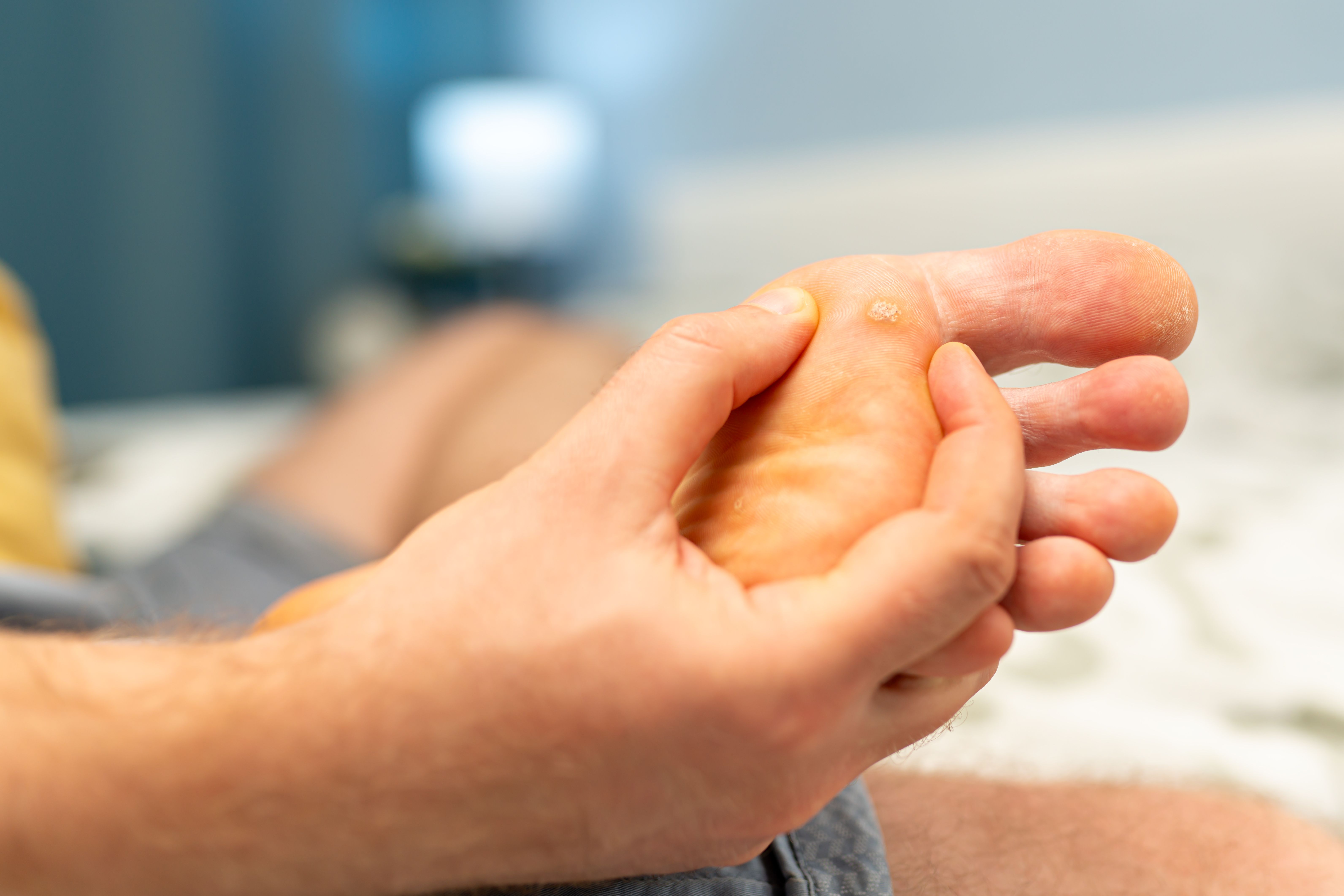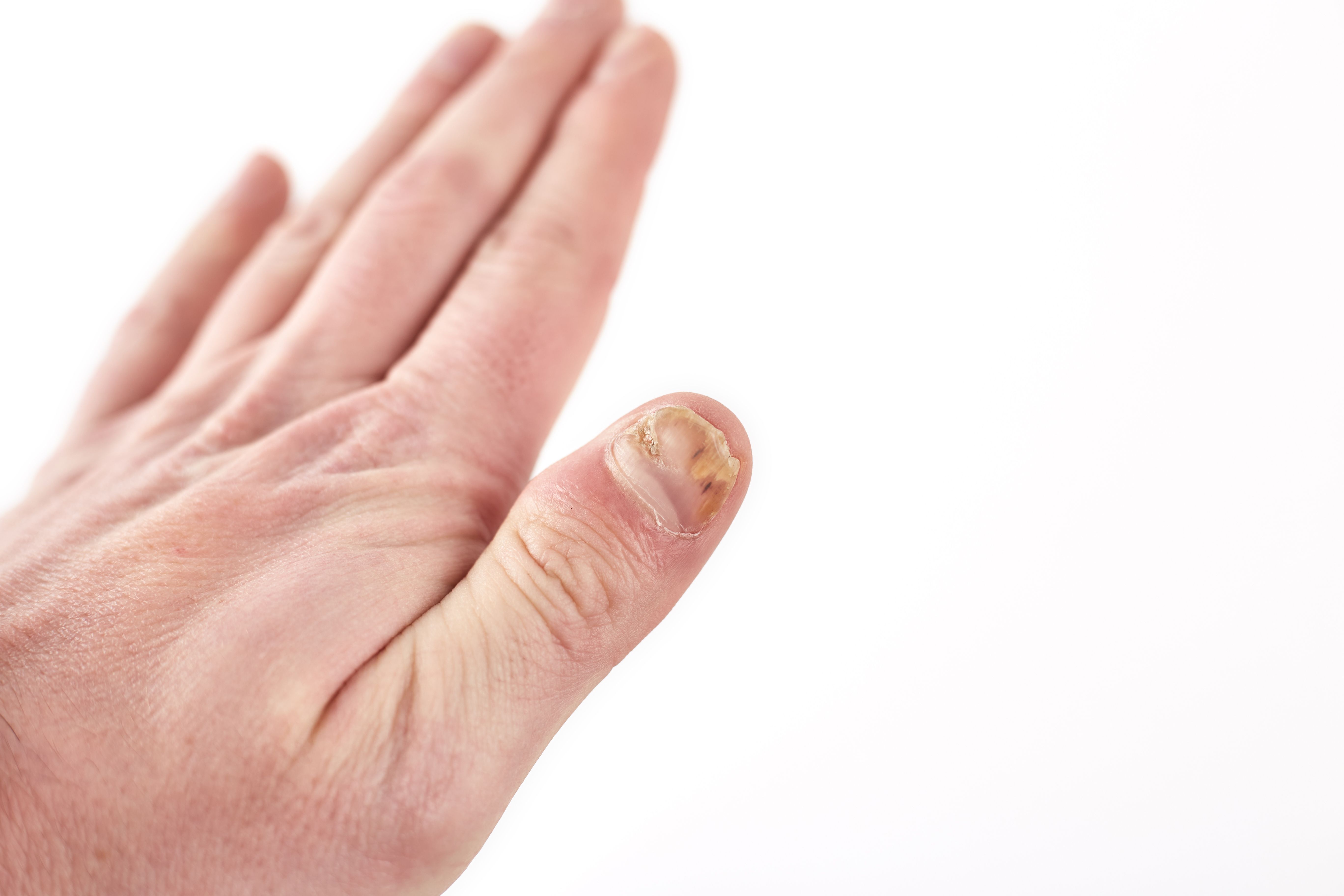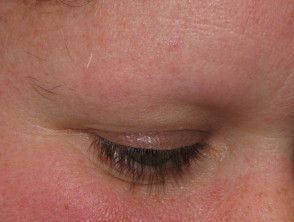- Case-Based Roundtable
- General Dermatology
- Eczema
- Chronic Hand Eczema
- Alopecia
- Aesthetics
- Vitiligo
- COVID-19
- Actinic Keratosis
- Precision Medicine and Biologics
- Rare Disease
- Wound Care
- Rosacea
- Psoriasis
- Psoriatic Arthritis
- Atopic Dermatitis
- Melasma
- NP and PA
- Skin Cancer
- Hidradenitis Suppurativa
- Drug Watch
- Pigmentary Disorders
- Acne
- Pediatric Dermatology
- Practice Management
- Prurigo Nodularis
- Buy-and-Bill
Article
Expert Approach to Treating Common Skin Diseases
Author(s):
Raj Chovatiya, MD, PhD, talks about difficult cases and exciting new treatment options at Maui Derm Hawaii 2023.
In a shared session this week at the Maui Derm Hawaii conference, experts in the field of dermatology share their approach to treating difficult cases of various skin diseases and disorders. In an interview with Dermatology Times®, Raj Chovatiya, MD, PhD, assistant professor of dermatology, director of the Center for Eczema and Itch, medical director of the clinical trials unit in the department of dermatology at the Northwestern University Feinberg School of Medicine, and a Dermatology Times® editorial advisory board member, shares highlights from several shared sessions he is participating in.
Transcript:
Raj Chovatiya, MD, PhD: Hi there, Raj Chovatiya here live from Maui Derm 2023. You may usually find me in Chicago, Illinois, where I'm at Northwestern University and director of the Center for Eczema and Itch, medical director of the clinical trials unit and assistant professor of dermatology. I'm really excited to be out here talking all about fun stuff that's happening in dermatology. So there are a few sessions that I'm involved in and that I'm really excited to share about. We just had an amazing talk about prurigo nodularis, about defining the disease subset, treating our patients and thinking about new approvals in the area. Another fun talk that's going to be happening a little later this week is about how we can redefine alopecia areata when it comes to treatment and thinking about targeted therapy, particularly harnessing inhibition of JAK-STAT pathway in order to get actual regrowth of hair for our patients. Finally, there's going to be a really fun session that's going to be incredibly interactive. It will be about all those tough cases of eczema, atopic dermatitis, spongiotic dermatitis and everything in between. We will be really trying to understand how to treat and diagnose it. We'll also be asking how to define it and what the word "good" looks like in terms of your patients.
Transcript edited for clarity

